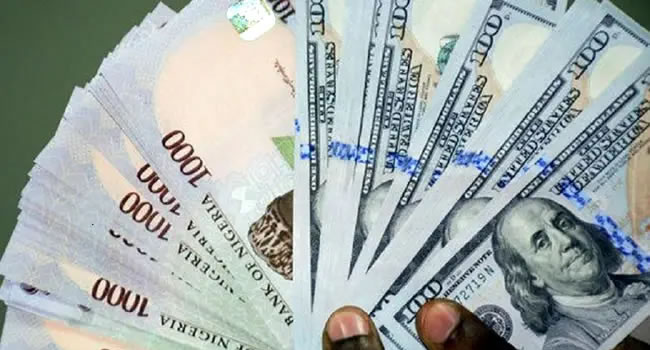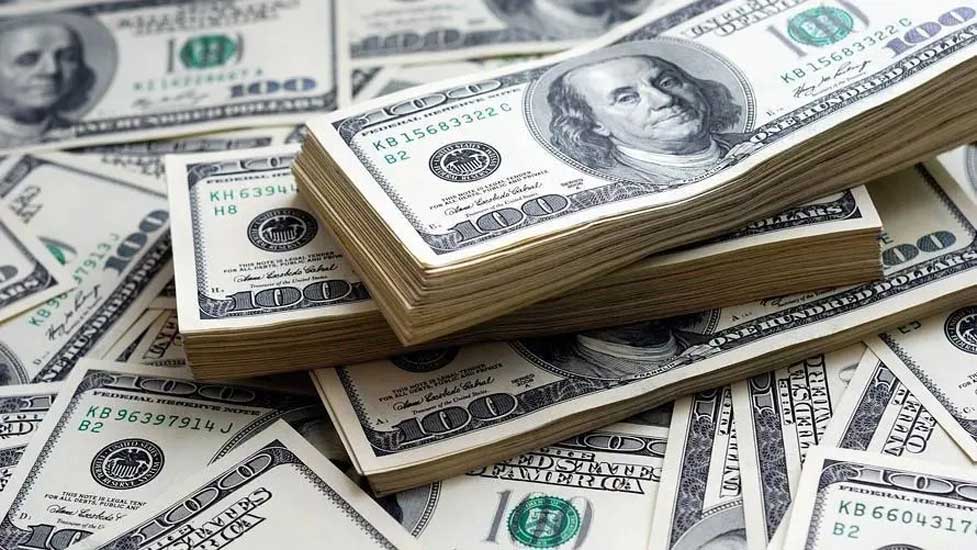
Nigeria’s external debt has spiked by N13.38 trillion ($17.38 billion) in the second quarter of 2023, primarily attributed to a substantial devaluation of the naira and shifts in foreign exchange policies, as reported by data from the Debt Management Office (DMO).
In Q2 2023, the nation’s external debt increased to N33.25 trillion ($43.16 billion) from N19.64 trillion ($42.67 billion) in the previous quarter, the rise is primarily ascribed to the devaluation of the naira rather than the acquisition of new debt.
Earlier this year, the Central Bank of Nigeria (CBN) implemented a series of foreign exchange policy adjustments that resulted in a significant depreciation of the naira’s value.
On June 14, 2023, the Central Bank of Nigeria (CBN) instructed Deposit Money Banks to eliminate the rate cap on the naira within the official Investors and Exporters’ Window of the foreign exchange market, allowing the naira to freely fluctuate against the dollar and other major global currencies.
Subsequent to this policy adjustment, the domestic currency saw a significant decline, plummeting from its rate of 471 naira per dollar to 770.38 naira per dollar as of the previous Friday at the Investors & Exporters FX window, as reported by data from the FMDQ Exchange.
The Debt Management Office (DMO) subsequently incorporated this new rate, signifying a 40.24 percent depreciation in the exchange rates utilized by the debt office.
The naira has exhibited ongoing fluctuations within the Investors & Exporters’ window, deteriorating even further in the parallel market and reaching N1000 per dollar last week. However, there was a partial recovery on Friday, September 22, 2023, following the announcement of Olayemi Cardoso as the acting head of CBN, pending his confirmation by the Nigerian Senate.
After this announcement, the Nigerian currency appreciated by N10 against the dollar in the informal black market, concluding at N990 per dollar.
Despite these currency fluctuations, on September 13, 2023, the Central Bank of Nigeria (CBN) refuted reports that it intends to implement a new foreign exchange policy aimed at pegging the naira at par with the US dollar.
As of September 11, 2023, the Central Bank of Nigeria (CBN) directed commercial banks not to allocate the foreign exchange revaluation gains resulting from the 60% naira devaluation for dividend payments or covering operational expenses. These actions underscore the persistent economic difficulties confronting Nigeria, including currency volatility and escalating external debt.




